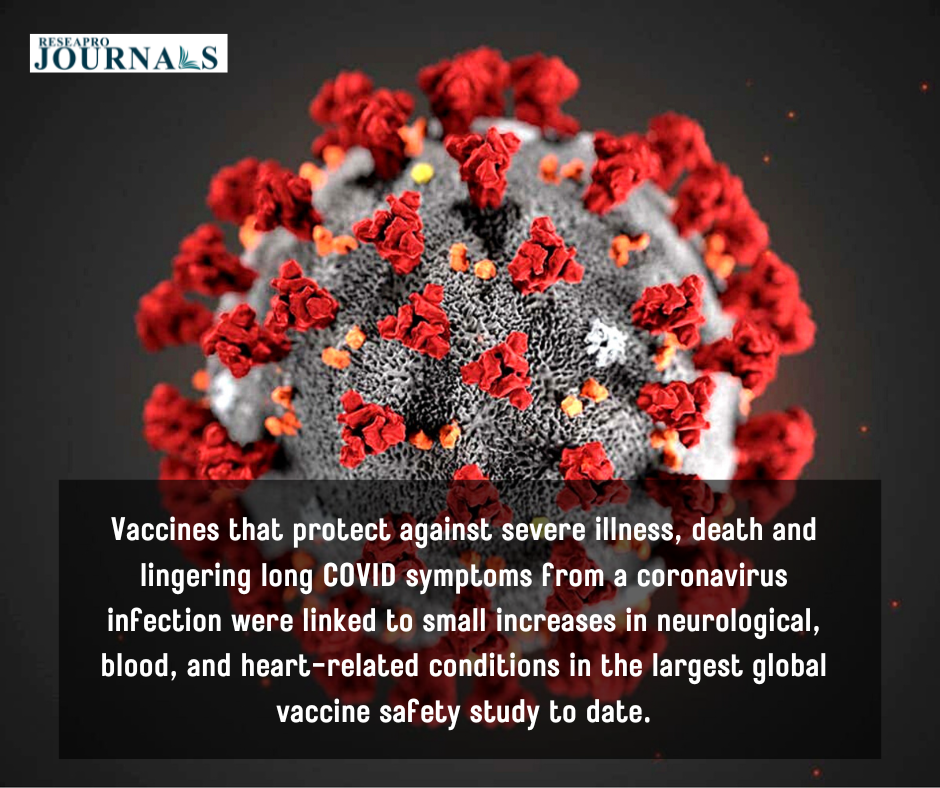

The study analyzed data from 99 million people vaccinated in 8 countries, making it the largest global vaccine safety study to date. It looked for 13 specific “adverse events of special interest,” including conditions like heart inflammation, blood clots, and Guillain-Barré syndrome. The study found a statistically significant increase in the risk of some of these conditions, but the absolute increase was very small. For example, the risk of heart inflammation after the mRNA vaccines was 0.0014%, and the risk of blood clots in the brain after the AstraZeneca vaccine was 0.0008%. It’s important to note that these risks were still much lower than the risks associated with COVID-19 infection itself, which can cause a much wider range of serious and potentially life-threatening complications.
The study doesn’t prove causation, meaning it can’t definitively say that the vaccines caused these conditions. Other factors, such as underlying medical conditions or chance associations, could also be involved. The study is observational, meaning it compared groups of people who already received the vaccine or not, rather than randomly assigning them to receive the vaccine or a placebo. This can make it more difficult to control for other factors that might influence the results. The risks were very small and need to be weighed against the significant benefits of the vaccines in preventing severe illness, death, and long COVID from a highly contagious and potentially deadly virus.
This study highlights the importance of ongoing safety monitoring of COVID-19 vaccines. While it found a small increase in certain rare conditions, the benefits of the vaccines in preventing serious illness and death from COVID-19 far outweigh the risks.
